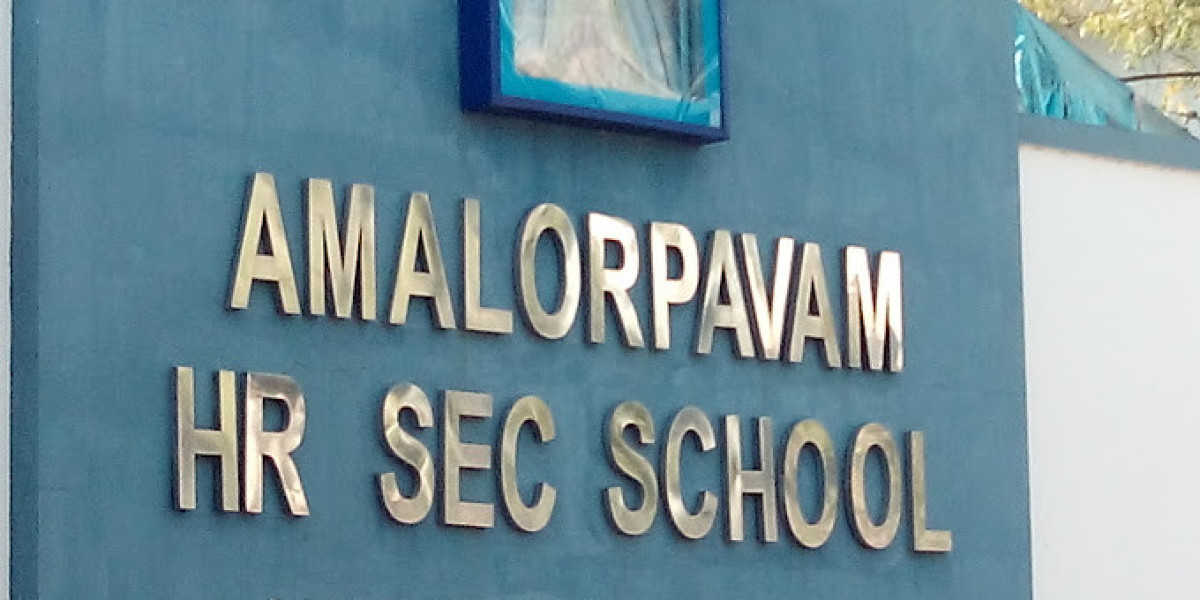The early childhood years are a time of exploration, curiosity, and rapid learning. Recognizing this, preschools in Pondicherry have embraced innovative teaching methods that cater to young children’s developmental needs. These methods engage children in dynamic, hands-on learning experiences that go beyond traditional rote methods.
1. Play-Based Learning
Play-based learning is a widely embraced approach in preschools in Pondicherry. It allows children to explore concepts through guided play, creating a natural and enjoyable learning environment. Teachers introduce educational concepts within play settings, allowing children to learn while engaging in activities they find fun and engaging.
- Example Activities: Counting blocks, creating shapes with clay, role-playing as shopkeepers, or conducting simple sorting games.
- Benefits: Fosters creativity, enhances problem-solving skills, and promotes social interaction while learning foundational concepts.
2. Montessori Method
Some preschools in Pondicherry incorporate elements of the Montessori method, which emphasizes child-led learning in a structured environment. Montessori classrooms feature self-correcting materials that encourage children to explore concepts independently at their own pace.
- Example Activities: Sorting objects by size or color, using tactile materials to learn letters and numbers, and practical life activities such as pouring, tying, and buttoning.
- Benefits: Builds independence, concentration, and confidence, allowing children to develop responsibility and decision-making skills.
3. Reggio Emilia Approach
The Reggio Emilia approach views children as capable individuals with unique potential and curiosity. This method encourages exploration and projects based on children’s interests. Teachers act as facilitators, observing children’s interests and helping them delve deeper into chosen topics.
- Example Activities: If a group of children shows interest in plants, the teacher might organize activities like planting seeds, drawing plants, and learning about how plants grow.
- Benefits: Fosters critical thinking and creativity, empowering children to take ownership of their learning and explore their curiosity.
4. Inquiry-Based Learning
Inquiry-based learning focuses on encouraging children to ask questions and explore solutions through investigation and experimentation. Teachers guide children to solve problems through questioning, discussions, and activities that stimulate curiosity.
- Example Activities: Simple science experiments, such as observing water absorbency with different materials, or exploring magnets.
- Benefits: Develops critical thinking, promotes problem-solving skills, and encourages a lifelong love of learning through discovery.
5. Experiential Learning
Experiential learning allows children to learn through hands-on experiences and real-life activities. In Pondicherry preschools, this can include activities like gardening, cooking simple recipes, or caring for class pets, which make learning concrete and memorable.
- Example Activities: Planting a vegetable garden, preparing a fruit salad, or learning to recycle materials.
- Benefits: Encourages responsibility, improves practical skills, and helps children relate learning to the real world.
6. STEAM (Science, Technology, Engineering, Arts, Mathematics) Activities
STEAM education introduces children to basic principles of science, technology, engineering, arts, and mathematics in a playful, integrated manner. In preschools, STEAM activities are designed to be age-appropriate, promoting curiosity and exploration.
- Example Activities: Building simple structures with blocks, exploring shapes and patterns, engaging in arts and crafts, and conducting fun science experiments like making volcanoes or exploring colors.
- Benefits: Supports cognitive development, builds problem-solving skills, and encourages collaboration and innovation from an early age.
7. Sensory-Based Learning
Sensory-based learning activities are popular in preschools in Pondicherry, as they engage children’s senses and support both cognitive and physical development. Sensory activities allow children to explore different textures, smells, and sounds, making learning an immersive experience.
- Example Activities: Playing with sand or water tables, sensory bins filled with rice or beans, or using textured letters for alphabet learning.
- Benefits: Enhances sensory processing skills, improves fine motor abilities, and helps children focus and calm down through sensory exploration.
8. Outdoor and Nature-Based Learning
Preschools in Pondicherry often use outdoor spaces for learning activities, helping children connect with nature while developing essential skills. Outdoor learning may involve nature walks, gardening, and environmental exploration, providing a refreshing break from indoor learning.
- Example Activities: Nature scavenger hunts, identifying local plants and animals, planting seeds, and caring for small garden areas.
- Benefits: Supports physical health, improves focus and attention, and fosters environmental awareness and a love for nature.
9. Collaborative Learning and Group Projects
Collaborative learning allows children to work together on projects, helping them develop social skills, teamwork, and communication. This method encourages children to learn from each other and experience the benefits of working as part of a group.
- Example Activities: Creating a group art project, building a structure together, or working on a storytelling project where each child contributes.
- Benefits: Builds empathy, communication skills, and teamwork, helping children learn how to cooperate and value different perspectives.
10. Storytelling and Role-Playing
Storytelling and role-playing are engaging teaching methods that help children improve language skills, boost imagination, and understand the world around them. Teachers often use puppets, costumes, and storytelling props to make stories come alive.
- Example Activities: Role-playing as community helpers like firefighters or doctors, acting out stories, or creating simple puppet shows.
- Benefits: Enhances vocabulary, boosts creativity, and helps children understand social roles and responsibilities.
How These Teaching Methods Benefit Children
Innovative teaching methods in preschools in Pondicherry foster an engaging, holistic learning experience that supports children’s development in various ways:
- Cognitive Development: Methods like inquiry-based learning and STEAM activities build critical thinking, problem-solving, and reasoning skills.
- Social Skills: Collaborative learning and role-playing encourage communication, teamwork, and empathy, essential skills for social interaction.
- Emotional Growth: Experiential and play-based learning help children express their emotions, build confidence, and develop resilience.
- Language and Communication: Storytelling, role-playing, and language-rich activities promote vocabulary, listening skills, and self-expression.
Choosing the Right Preschool with Innovative Methods
Parents looking for a preschool in Pondicherry should consider those that offer diverse teaching methods, tailored to young children’s developmental needs. When evaluating preschools, parents can ask about:
- Curriculum Approach: Inquire about the teaching methodologies the school incorporates, such as Montessori, Reggio Emilia, or play-based learning.
- Teacher Training: Ensure that teachers are trained in early childhood education and equipped to deliver creative and age-appropriate learning experiences.
- Classroom Environment: Look for classrooms that are inviting, child-friendly, and equipped with materials that support hands-on learning.
- Balance of Indoor and Outdoor Activities: A balanced program that includes outdoor play and nature-based learning promotes physical health and a connection with nature.
- Parental Involvement: Choose a preschool that values parental engagement and encourages communication about the learning activities taking place.
Conclusion
Preschools in Pondicherry are embracing innovative teaching methods that cater to the holistic development of young children. From play-based and sensory learning to experiential activities and STEAM, these methods provide an engaging, supportive environment that nurtures curiosity, creativity, and foundational skills. By choosing a preschool that emphasizes these modern approaches, parents can give their children a dynamic start on their educational journey, setting the stage for lifelong learning and growth.







